When you live in a big city, it’s hard to avoid seeing bag ladies—elderly women pushing their over-stuffed grocery carts down the street or huddled next to their belongings on a park bench or at a bus stop. I used to feel sympathy for them, as opposed to empathy, because I could never imagine what it must feel like to be them. When I wrote a book about successful women, I was surprised to learn how even the richest and most accomplished among them confessed to being haunted by the fear of someday being a bag lady herself.
I’ve been flush and I’ve been broke, but I’ve never been prudent.
As a writer, I’ve gotten used to the financial ups and downs that come with the territory. I’ve never had a national best-seller, but my books all earned back their advances, and I had a few good paydays over the years. But the industry changed in the 90s, and being a midlist writer (which is like being a girl who’s praised for her nice personality), I had no guarantee that my next book would be accepted. But I wasn’t too worried. Being a writer wasn’t what I did—it was who I was, as I told my mother whenever she told me to go to law school. Of course, I ignored her, but I didn’t forget it. As I’ve told many young friends over the years since then, being a writer is a nice life, but it’s a lousy living.
I’ve been flush and I’ve been broke, but I’ve never been prudent. I always assumed there’d be another contract, another advance, that the next time I’d score big. And, meanwhile, there was a small inheritance, so even though most of my proposals didn’t pan out, a couple did and I didn’t worry about falling off the edge I’d forgotten I was living on. I bought a loft and remodeled it. I was generous to my family and friends, and I took my kids and, later, their kids, traveling whenever we could all get away together.
Read More: How to Deal with Richer Friends Who Can Afford to Outspend You
Investing in Memories
It wasn’t until the flight home from Africa, when my son said “I know this sounds weird, Mom, but I’ll remember this trip long after you’re dead,” that I understood that this was my purpose. Not just to have them schlep my luggage or be my dive buddy or read a map or a compass, but for them to have those memories when they didn’t have me.
I don’t begrudge a dollar I spent on travel. I just wish I could still afford to do it.
I lost what was left of my money in 2008, and, even now, when I wish I’d been smarter with it when I had it, I don’t begrudge a dollar I spent that way. I just wish I could still afford to do it. Like many formerly middle class seniors who thought their retirement was secure, mine isn’t. I mostly manage the necessities, but the luxuries, like foreign travel, are a thing of the past, like mani-pedis and massages, dinners out, and the print edition of the New York Times.
So when my daughter and her partner invited me to meet them in southeast Asia on a leg of their year-long adventure, all expenses paid, I was touched—and embarrassed. After all, wasn’t that my role—the Vacation Mom, the Fairy Godbubbe? When it came to family trips, hadn’t they always been at my invitation, my pleasure?
Why So Nervous?
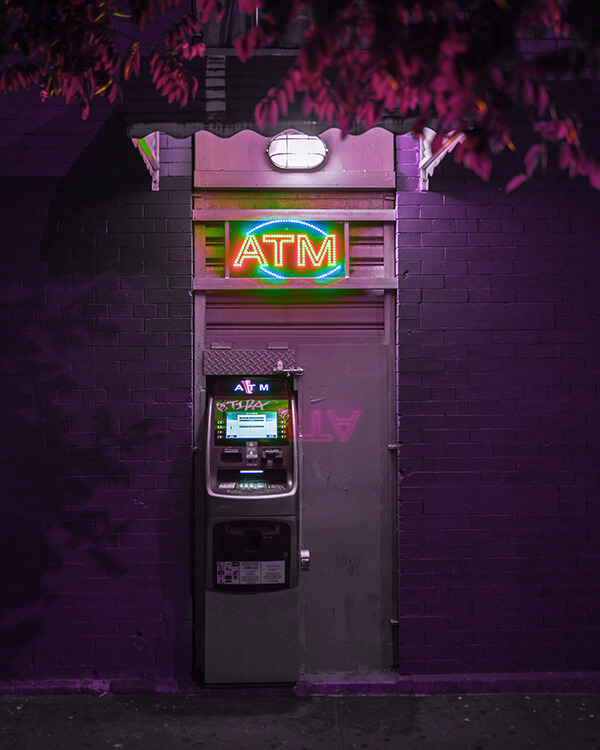
Making their kids feel like an ATM is every parent’s worst nightmare. Image: Mirza Babic/Unsplash
As the date of departure drew near, I started obsessing about the potential hazards of travel. What was my unconscious telling me when it unreeled scenarios of disaster that woke me in the middle of the night, trapped in a hotel fire or run over by a rogue elephant? Nothing like that had ever worried me before. I’d rafted white water, dived with sharks, climbed crumbling ruins, and eaten food from the streets without mishap. In the aftermath of a nightmare about getting washed away in a tsunami, I finally figured it out. These fears of frailty or misadventure were really about the role reversal my upcoming trip symbolized.
My kids each deposit a sum in my bank account on the first of every month.
I’d felt a few intimations of this life stage before—once in a medical crisis. Another time when developers bought my building and quadrupled my rent, my son offered to find a place with a mother-in-law apartment for me. But I responded, only half-joking, “Nobody puts Bubbe in a basement.” Those events made me understand in a visceral, immediate way that the essence of role reversal in later life is when your kids do for you what you can no longer do for yourself. I shared that insight with my daughter, who said, “Not for you, Mom, with you.”
This made it possible for me to accept their generosity not only gratefully but gracefully. When he took me to the airport for the Southeast Asia trip, my son, who couldn’t join us, tucked some bills into my pocket. “Treat them to something extra the way you always did when you took us somewhere,” he said, and I hope he didn’t see the tears I wiped away when he hugged me goodbye.
If It Were Only for the Extras
Obviously, I always knew I’d be old someday and have grudgingly accepted the fact that eventually I might also be physically unable to care for myself. But I never expected to be financially dependent on my children.
Sometimes the only way I can sleep at night is by telling myself I have family and friends who’d never let me end up on the street.
If it were only the extras now, I wouldn’t feel like what none of us ever wants to be: a burden to her children. But depending on them for the necessities is a whole other thing. But when the rent in my “affordable” apartment increased, when my out-of-pocket medical bills piled up in the drawer I try to never look in, when the government shutdown cut off my food stamps, and when the only way I could sleep at night was by telling myself that I had family and friends who’d never let me end up on the street, that’s what I felt like—a burden.
When I laid it out for my children, their response was as immediate and consoling as I might have wished for. They each offered a monthly sum I could count on, which they deposit in my bank account on the first of every month. With social security, I can relax a bit, and when I sell an article or get a royalty or consulting check, half of it goes into savings. That makes me feel a little more secure, but it doesn’t do much for the deep, searing sense of shame that comes over me when the bank notifies me of their deposit every month and I think of the other things they could be doing with that money. Or even the feeling of sisterhood and, yes, empathy, that comes over me now when I see a bag lady on the street and can‘t, any longer, look away.
Read More: Everything One Woman Wishes She Knew About Money Before She Got Divorced
***
Jane Adams is finishing a new book: Where Did it All Go? A Memoir of Time and Money

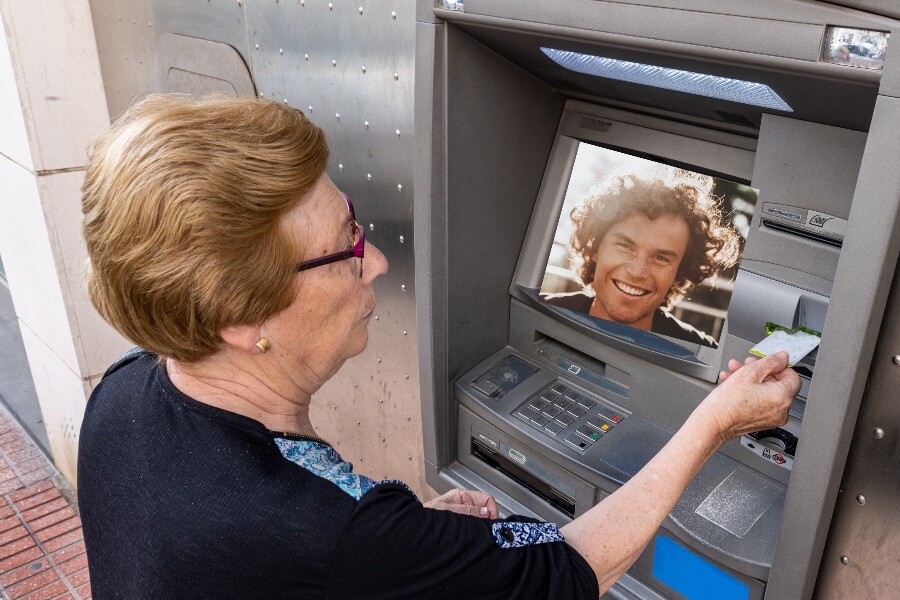
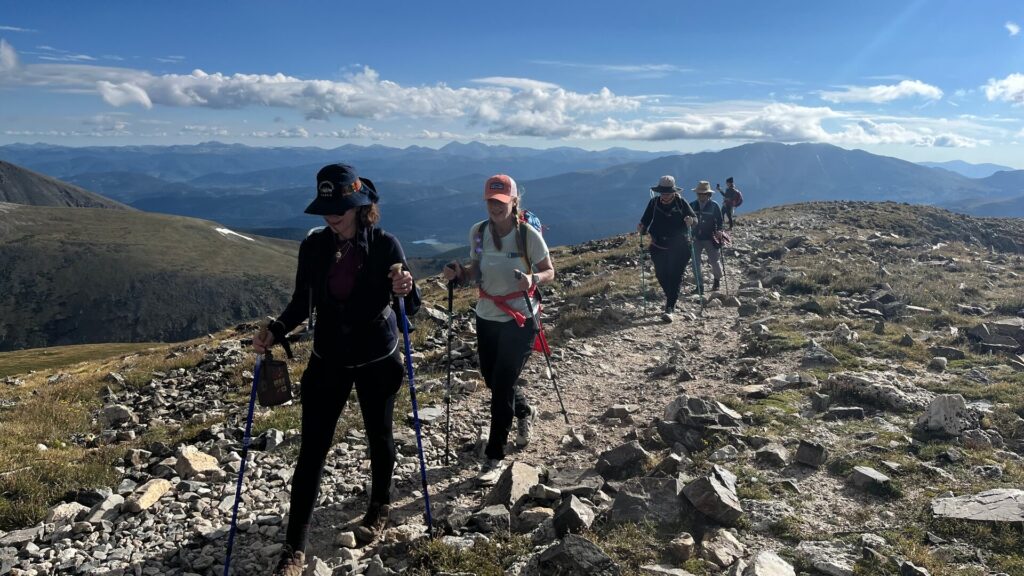



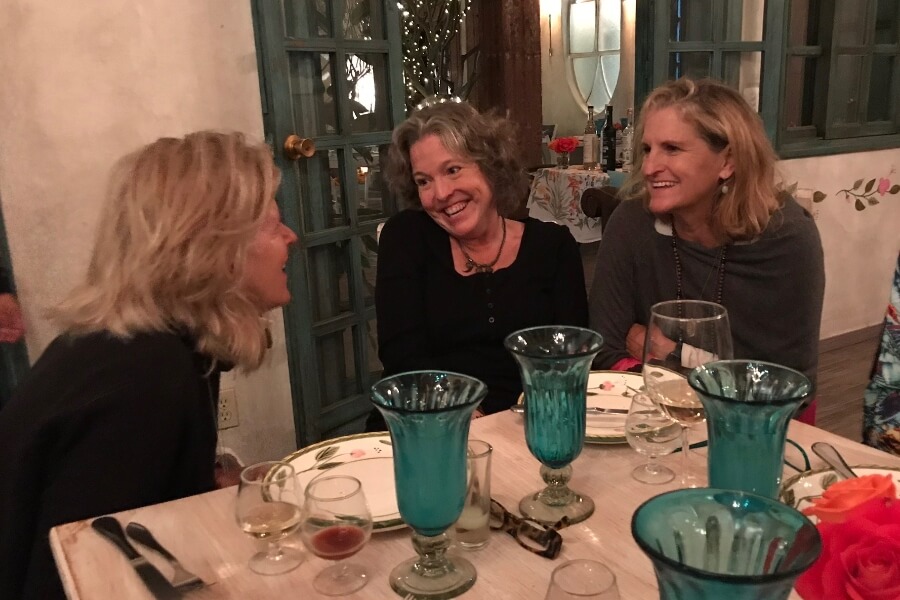



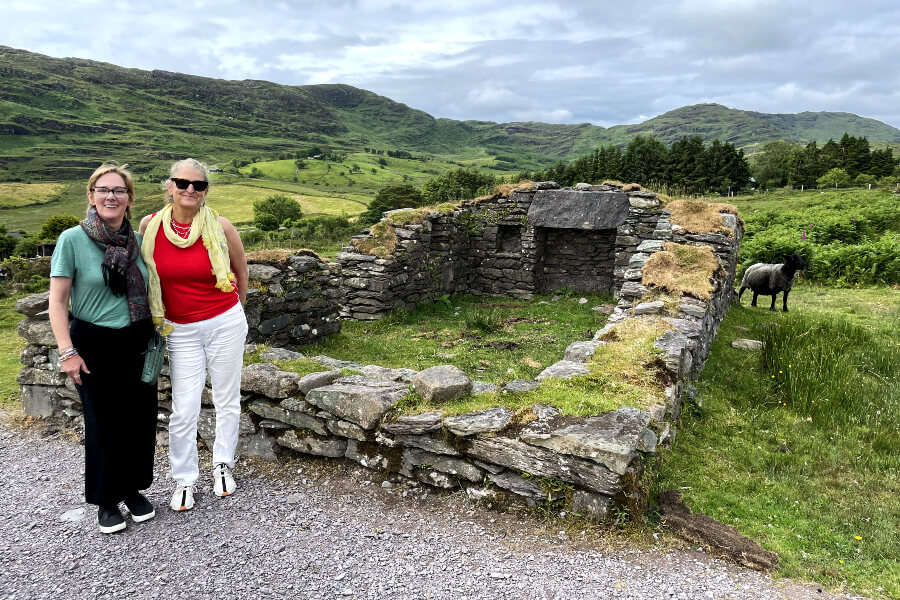
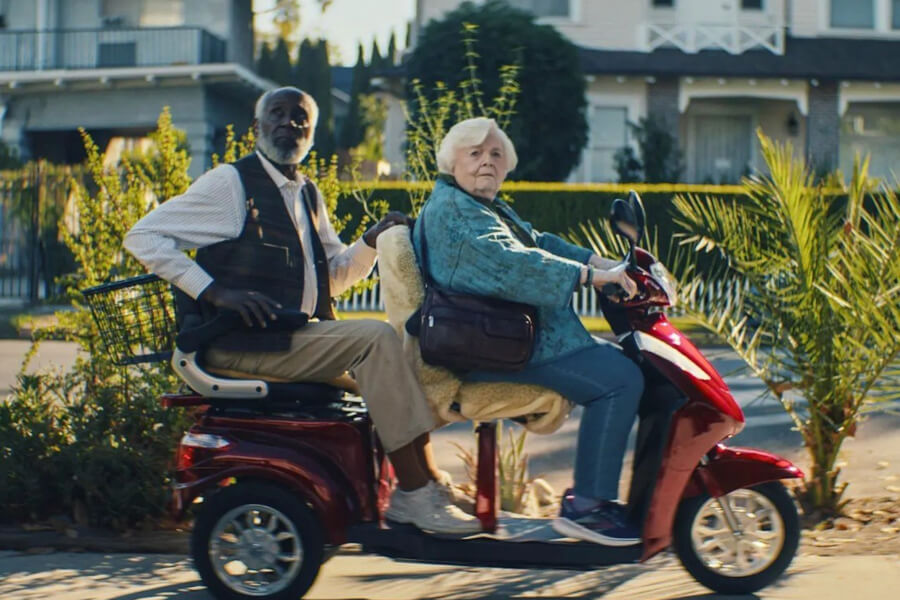




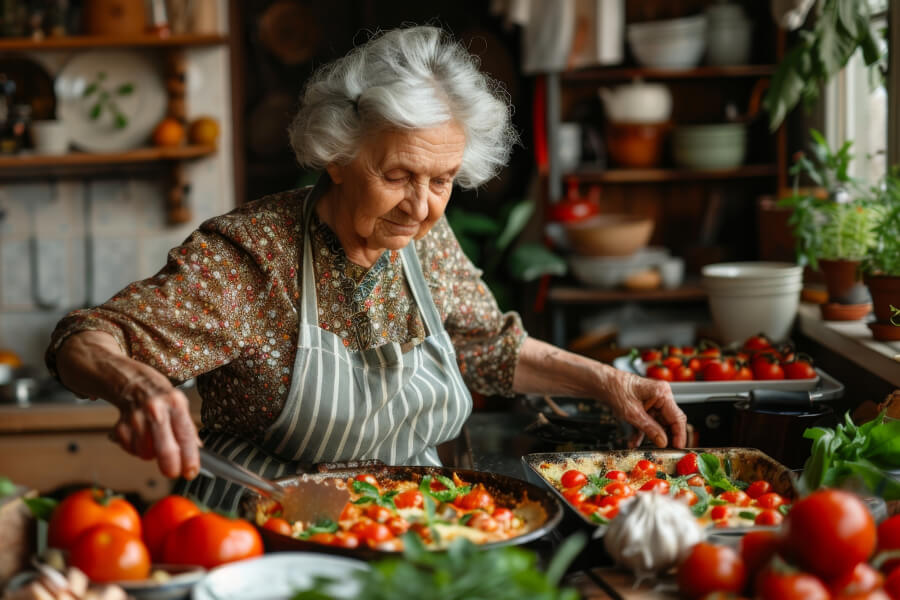


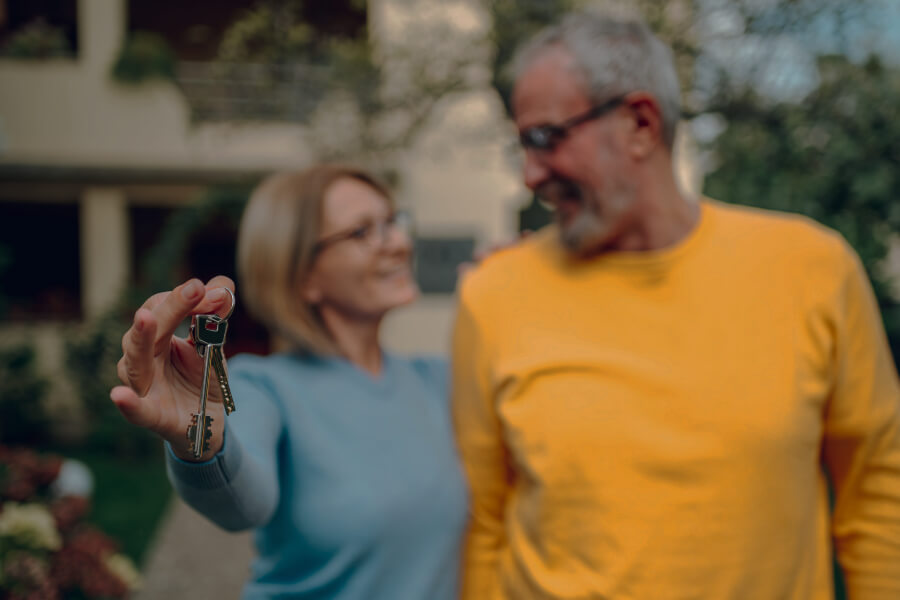

0 Comments